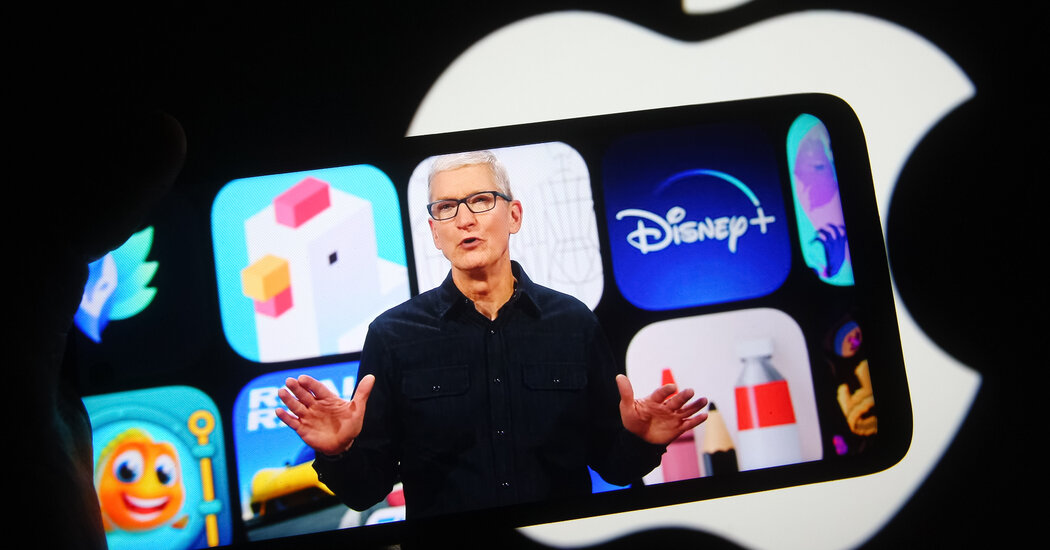For years, iPhone customers visiting the App Store found apps priced at 99 cents, $1.99, and $9.99. The pricing was part of Apple’s policy of limiting what developers could charge.
Now, 15 years after the App Store’s inception, the company is dropping those restrictions and allowing apps to choose from nearly 600 pricing options, including the simple $1 fee, Apple said Tuesday.
Rising inflation around the world has pressured Apple and developers to be more flexible in what they charge customers. The company also continues to face backlash from developers, regulators and lawmakers around the world for its App Store policies. The App Store is the single gateway for thousands of apps to reach iPhone users, making Apple an arbiter of software distribution.
Last year, Apple agreed to introduce more flexible App Store pricing in its settlement of a class action lawsuit brought by developers accusing the company of holding a monopoly on iPhone app distribution.
The new prices will range from 29 cents to $10,000, a break from the previous range of 99 cents to $999.99, Apple said. Pricing for subscription apps is rolling out this week and will be available for other apps next year.
The $10,000 cap could be a sign that Apple expects more expensive offerings, said Carolina Milanesi, an analyst with Creative Strategies. Apple is developing a virtual and augmented reality headset that combines the digital world with the real world, and Ms. Milanesi said the video games and entertainment options on that new device could cost more.
“I don’t know if right-hand seats for a basketball game on a headset will be more expensive than a real game, but it could be,” she said.
Adjusting prices per country and managing exchange rates will become easier, according to Apple. Some app developers set a single subscription price for the world and target developed markets such as the United States, Europe, and Japan. But Matt Ronge, founder of Astropad, an app that turns the iPad into a drawing tablet, said Apple’s increased flexibility could allow it to expand into new markets.
“If you can charge a more reasonable price in India, that could open up some possibilities,” said Mr. Ronge. “Every time they open it in any way, I’m a fan.”
As Congress wraps up its year, one of the bills under consideration is the Open Markets Act, which aims to give developers greater control over their apps and allow them to circumvent the fees — up to 30 percent — that Apple and Google developers charge.

